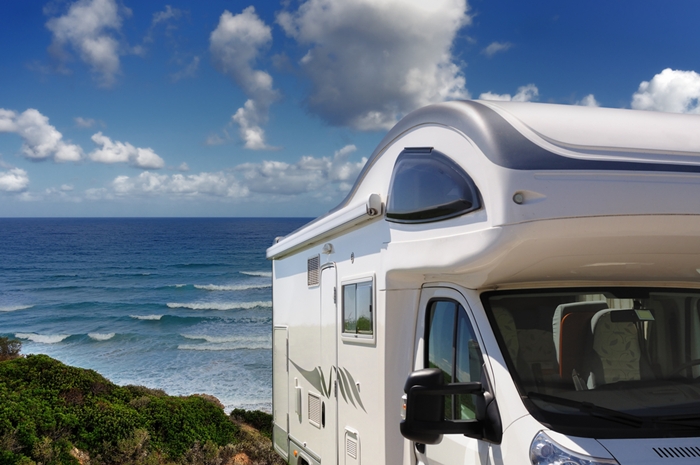
Millions of people will set out to go camping this summer. Many still don’t think much about the environment when they travel, but your habits on the road and on the campsite have just as much of an impact on the environment as at home. Perhaps they have a more direct effect because you are in direct contact with the wilderness. Here are some areas to focus on, to preserve the places you spend time in.
Reusability
Disposable plates, napkins, cups, and other items cost money and the purity of a natural environment. You can ultimately save on washable plates and other portable kitchenware. Bring along a small basin or bucket, plus a washable sponge and biodegradable soap. For when napkins and towels become too dirty to use again, have a breathable bag handy. In addition to reusable items, purchase products that don’t use as much packaging, so you do not waste as much material or risk throwing it out where it can do harm. This is among the many ways of reducing environmental pollution. You can, therefore, sustain the campsites and wilderness you enjoy that leisure time in.
Practicality
A bulk water source and refillable water bottles make sense. You do not have individual plastic water bottles to throw away. Fortunately, there are ways to reduce the waste. A few gallons stowed away can keep your thirst quenched for a while. Another practical way to be sustainable is to use solar lanterns. You will save on batteries and have a product that charges up every day and is ready for use at night, where it is much darker in rural areas.
No Toxicity: Even if you have a sustainable travel trailer, using toxic products will cause just as muchharm to an ecosystem. Many types of insect sprays and sunscreens have chemicals that can pollute the water and air, and harm nearby animals. Look for safe, natural products that protect your skin and deter insects just as well.
Disposability
You may not always have a restroom available when in the wilderness. Sustainable habits apply whether a campsite has an outhouse or other facility, or not. Seclusion is something you’ll need in such cases, and you want to be at least 200 feet from a water source or a camping area. A hole should be dug, which is at least six inches deep. After the damage is done, cover up the hole, but you’ll need toilet paper as well. For this, have a paper bag handy until you can throw it away properly.
Responsibility
When in nature, your camping etiquette towards people matters, and it also does so towards nature. The sites you visit will be preserved if you don’t litter, rip up grass, crush bushes, move boulders around, or leave behind smoldering fire pits. Picking or stepping on plants and flowers can cause more harm than you think. Even small disturbances to wildlife can impact their well-being significantly. Sustainable camping requires a bit of thought, but you can do good deeds for yourself, your family, and the environment and still have a great time.
